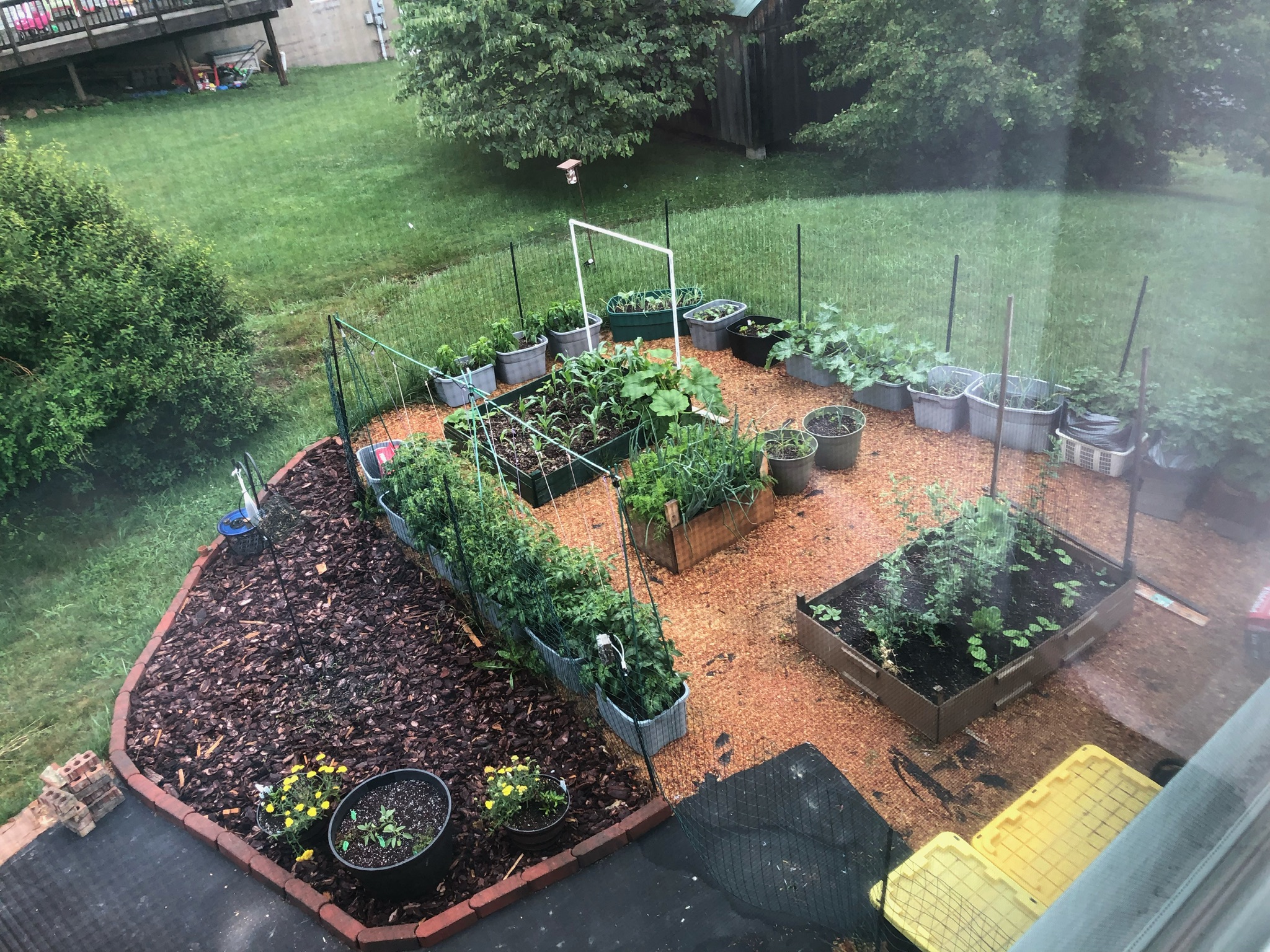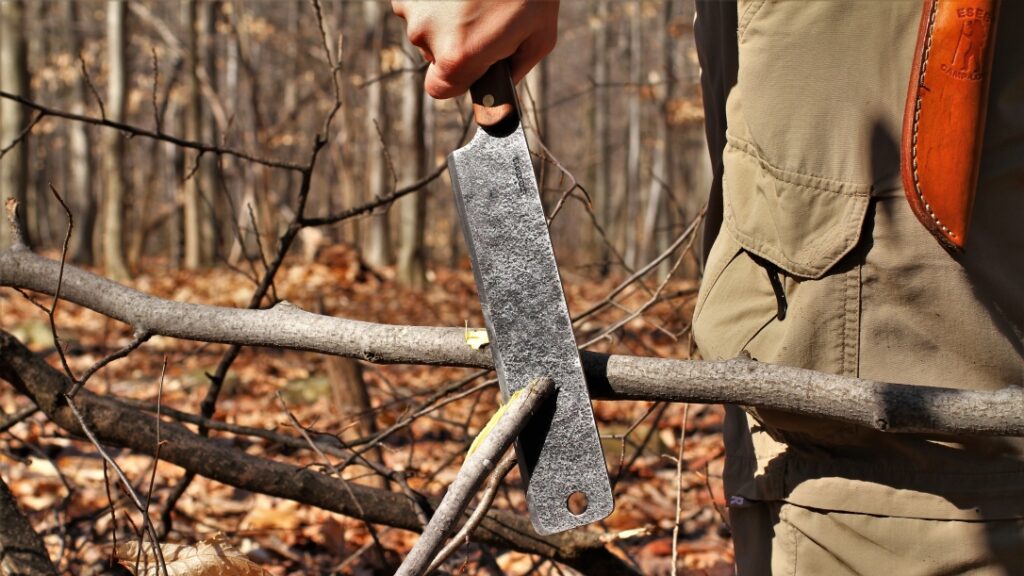When coming up with a plan for how you would handle something bad happening, it’s not always useful to concentrate on “TEOTWAWKI” ( the end of the world as we know it) scenarios.
For me personally, focusing solely on the “end of civilization” is not helpful. I mention it here in certain articles because that is the prepper reference point for many people. But for my life, that focus only increases anxiety and doesn’t really help with meaningful planning.
For me personally, it’s more helpful to just think of it as planning for the unexpected.
Advertisement — Continue Reading Below
The general public tends to look askance at people who they perceive to be “survivalists”, “preppers”, etc. The perception is that those people are cheering for Armageddon, and that they are mentally unbalanced or even dangerous. They are often dismissed as Whack-a-Doodles.
However, it’s not whack-a-doodle to be prepared for adverse weather events, extended utility outages, unexpected job loss, and the vagaries of the national economy. Hurricanes, tornadoes, floods, ice storms and blizzards happen every year – that’s not a fantasy scenario. The Great Depression actually happened. So did the Great Recession and the Spanish Flu. COVID-19 is STILL happening.
Being prepared for the above established events therefore does NOT indicate mental imbalance. Rather, it represents wise forethought and pre-planning. So, instead of letting fear and anxiety for the future be the driving force in my plans I have chosen to simply concentrate on those more likely events and let the rest take care of itself.
Advertisement — Continue Reading Below
Thus, concentrating on a Great Depression-type mindset, and developing the skills needed for that can get me a lot of the planning I need without so much of the anxiety over “the end of the world”.
Growing more of my own food, preserving that food, collecting rainwater, cultivating a “waste not want not” mindset, learning some small construction and tool-type skills, keeping firearms skills sharp for food and defense, having alternate plans for an extended power outage – these are all things that would serve me well even in “normal” turbulent times.
These skills and mindset not only serve my purposes of food production and preparation, but they also help me save money for other important things – like finishing off my mortgage and med school debt. If I want to be able to retire in less than ten years those debts need to be gone.
Advertisement — Continue Reading Below
There really is no downside- except maybe not gallivanting around the country for shooting matches anymore, or spending thousands on cruise vacations. It doesn’t mean that I will never do those things again, but my priorities have shifted, and saving money can still allow me to do those things occasionally if I want. But I have moved on to more important goals, and one of those is preparing for the unexpected.
The “I am not a hoarder” mantra helps me save money where I could otherwise fritter it away. I’ve mentioned before my methods of seed starting using toilet paper tubes and take out boxes – saving potentially thirty bucks or more not buying pre-manufactured supplies every year.
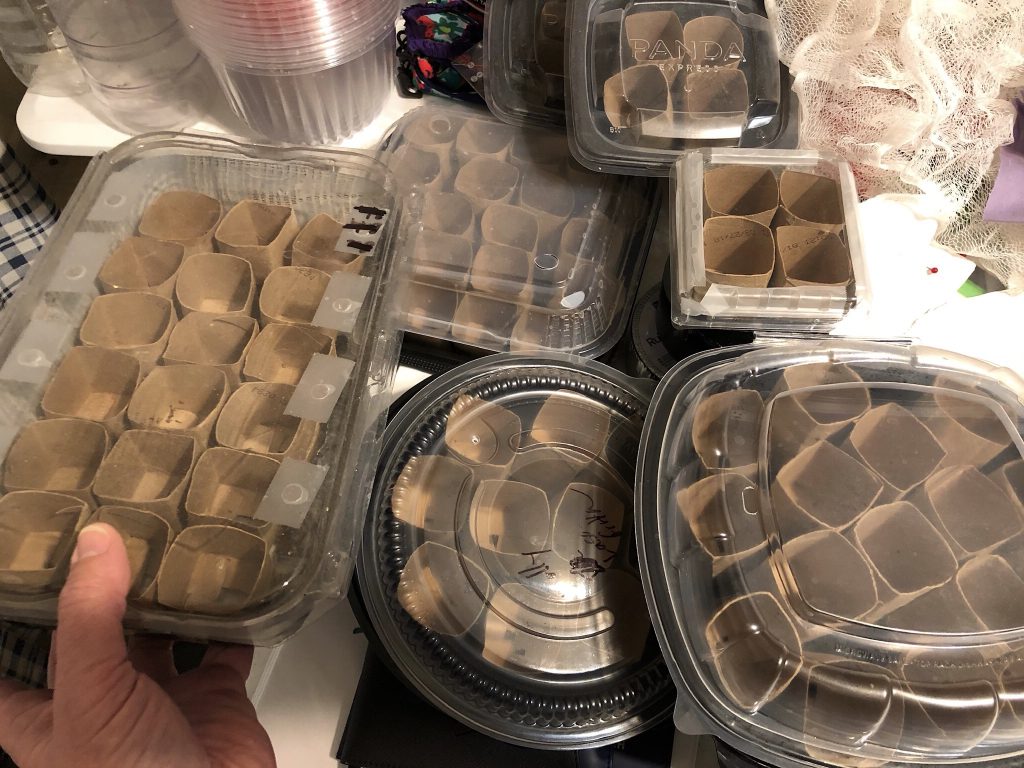
Advertisement — Continue Reading Below
That’s just the supplies. Then when you see that the price of pre-started garden plants is four bucks apiece or more, it is easy to see additional cost savings for just a little bit of work. Using that math, I easily had three hundred dollars worth of garden starts in solo cups in my window this spring! Not to mention that I gave away thirty tomato starts to friends and saved them money as well.
I’ve mentioned various ways that I compost kitchen and junk mail waste to not only fertilize my existing soil but also extend its volume in containers. That means much less bagged soil and fertilizer I need to buy for my raised beds. (Not to mention less trash in local landfills.)
Granted, I have had to buy soil for the garden beds to start out, but once I reach the volume and production that I want, then those costs will amortize over time as the soil is reused and recomposted year after year. I think I am about at that point, as I don’t want the garden to become too big or overwhelming that I cannot care for it as I age.
Advertisement — Continue Reading Below
It’s not just the garden that benefits from this “waste not, want not” mindset. I recently sewed myself a canning apron out of an old sheet using a free downloadable pattern – saving myself twenty or thirty bucks over a comparable apron bought from a store.
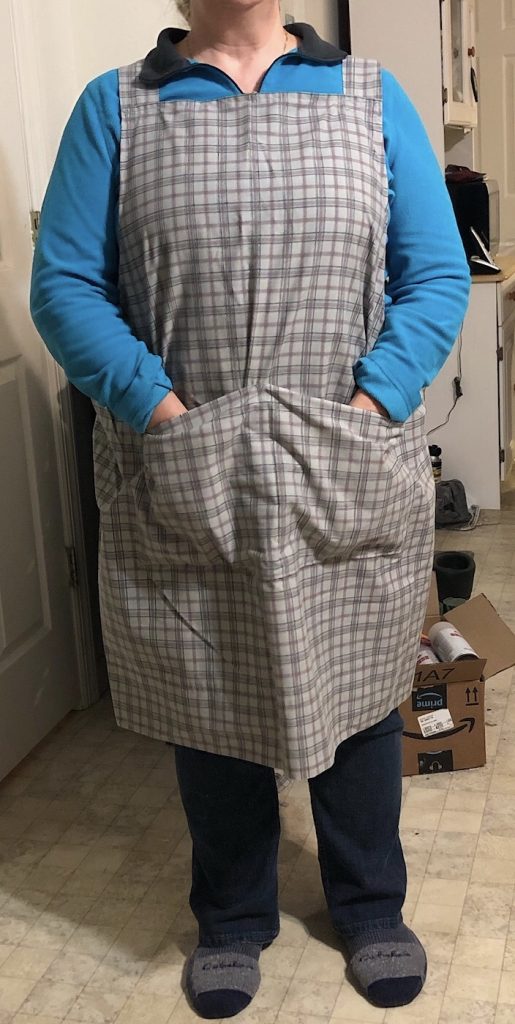
I’ve braided one backdoor rug and am working on a second – made out of plastic grocery sacks. They’re free, colorful, and abundant, so why not?
Advertisement — Continue Reading Below
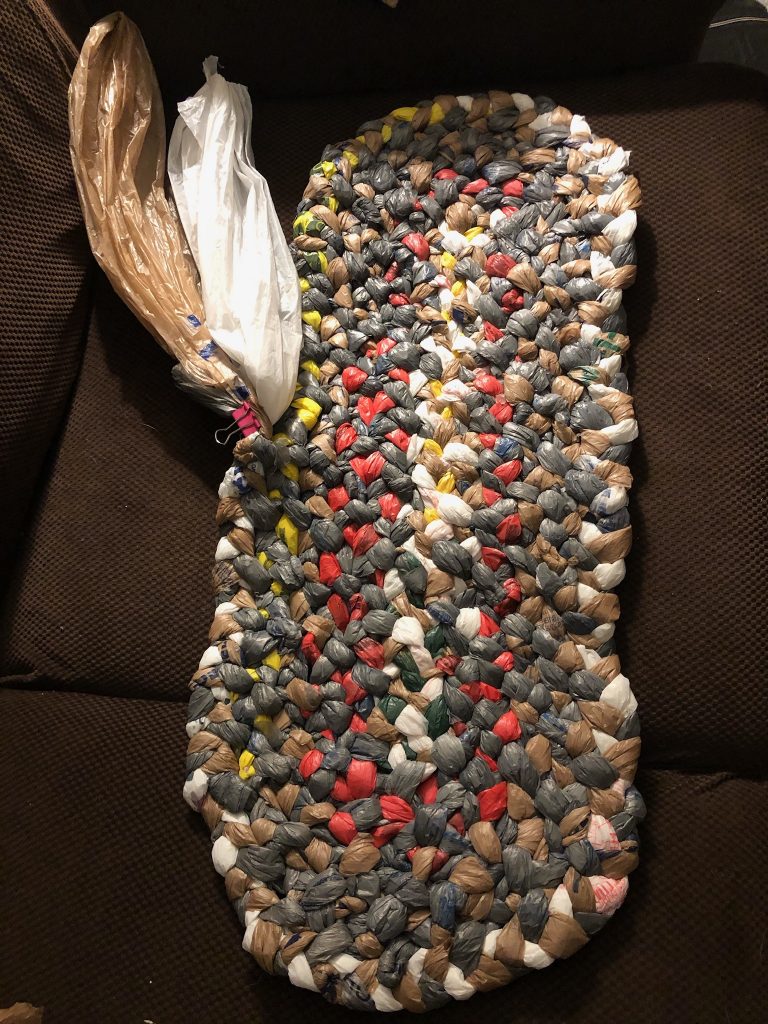
Also in the non-garden lane, I am currently building a coffee table for my deck – made out of pallets and scrap lumber. There is a grill-side table in the planning stages also. I’m using projects like these as an excuse to learn how to use hand and power tools – also a useful skill in the event of a major economic downturn or severe weather event. And with the price of lumber currently, using pallets and scrap is another huge cost-saving measure (waste not, want not).
As you can see, I’ve encouraged this mindset to take hold in almost every area of my life, and it is slowly paying off. What I have NOT encouraged in myself is the mindset of “The world is going to end in the next five years and we are all going to die unless I do X.”
Advertisement — Continue Reading Below
Anxiety and Fear are not helpful. What is helpful is Wisdom and Calm. We WILL all die eventually, whether SHTF or not. What matters is how we choose to live between now and then.
“I wish it need not have happened in my time,” said Frodo.
“So do I,” said Gandalf, “and so do all who live to see such times. But that is not for them to decide. All we have to decide is what to do with the time that is given us.”
Advertisement — Continue Reading Below
J.R.R. Tolkien – The Fellowship of The Ring
